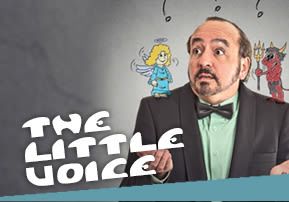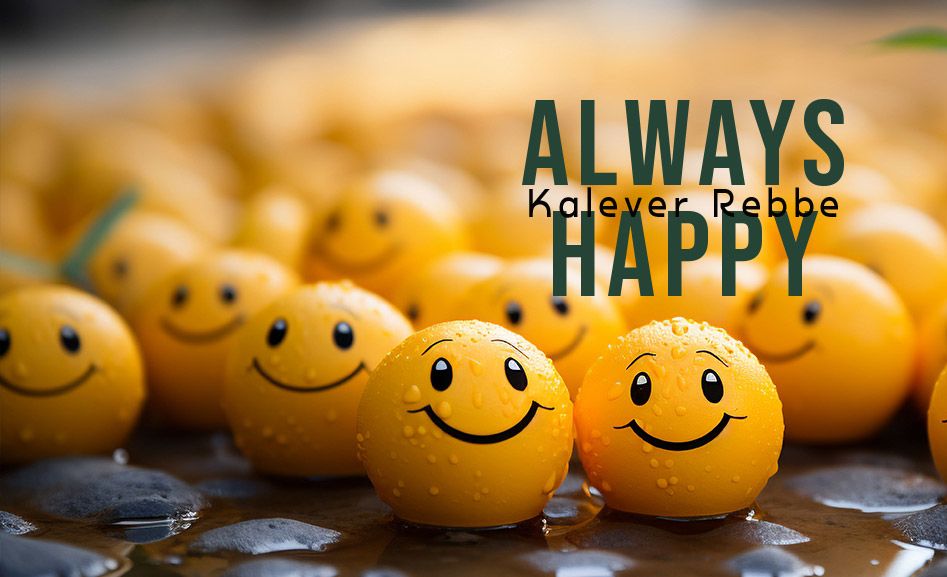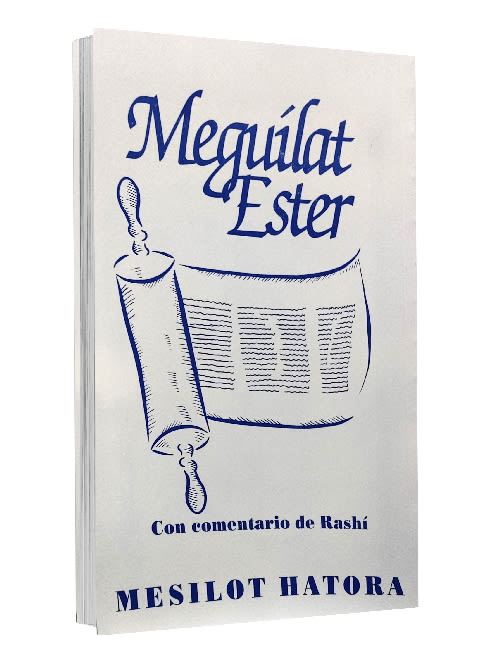
The Little Voice
We all hear the little voice from within, but not all of us respond the same way. Some of us take positive action while others ignore, hide or even deny…

Hashem knows that we are prone to sin; He therefore created teshuva before He created the world (see Tana D'Bei Eliahu Raba, 31). Without teshuva, people would not be able to exist on this earth. As such, when Hashem created the world, he had to mitigate absolute justice with mercy. In other words, Hashem gave mankind the opportunity to do teshuva and to rectify wrongdoing. The fact that Hashem willingly and lovingly gives us a chance to atone and rectify makes hiding from Him all the more condemnable. A person who tries to hide or flee from Hashem is making a statement that he is not interested in taking advantage of the tools that Hashem has granted him.
The prophet bemoaned those who refuse to rectify: "Woe to those who pull the cords of naught; their sin is thick like the wagon's ropes" (Isaiah 5:18). Rashi explains that when a person first sins, it's like pulling a thin cord or even a spider's thread, which is next to nothing. But when they repeat the sin instead of making teshuva, the thin cord ties them up like a thick wagon rope, from which they cannot escape. This is because they didn't do teshuva when the sin was still minute; they refused to acknowledge the truth that they are nothing without Hashem. They let their mind entangle them in rationalizations, self-justification and even denial. They blamed others for their problems while failing to take stock in themselves. They became totally subservient to their bodily appetites and base desires. In short, they had a thousand excuses to hide from Hashem. Doing teshuva and returning to Hashem would have been so much  simpler.
simpler.
One's conscience, his or her G-dly spark, is the little voice that chastises from within. We all hear the voice, but not all of us respond the same way. Some of us take positive action while others ignore, hide or even deny.
Most people who sin hide because they are ashamed to admit their shortcoming. They not only hide from themselves, but they hide form their spouse, their acquaintances and worst of all, from Hashem. Self-persecution is also the product of arrogance, for one who castigates himself fails to admit that he is nothing without Hashem; he thinks that he should have been able to resist temptation on his own. That fact that he sinned is an affront to his ego. He refuses to see his true spiritual proportion, fooling himself that his deep remorse is teshuva. He fails to understand that true teshuva leads to inner peace and joy; the fact that the self-persecutor is sad and depressed testifies to ego, not to teshuva.
The evil inclination prefers the post-sin sadness and depression to the sin itself. It wants a person to lose hope and fall into despair. But the truth is, as Rebbe Nachman teaches us, there is no despair in the world. Indeed, if a person comes out of hiding and does teshuva, he will not only rectify what he did wrong, but he'll ascend to a higher spiritual level than he was before he sinned. His connection with Hashem is now stronger; he has earned enhanced emuna and humility. The cognizance that he is nothing without Hashem is much more established in his consciousness. He knows that he must maintain a daily dialogue with Hashem in order to avoid future transgression.
King Solomon said (Proverbs 3:11), "Do not disdain Hashem's discipline, my son, and do not despise His reproof." A person must know how to lovingly accept Hashem's reproof, which He conveys to a person in any number of ways. Sometimes Hashem speaks to a person by way of a Torah lecture, other times by way of a book or CD, and still other times by way of one's wife, children or friend. Sometimes his lack of success is simply Hashem's reproof, to stimulate a process of self-evaluation and teshuva. But even during difficult times, a person must not disdain Hashem's way of discipline. He should simply strengthen himself in teshuva and in humility and return to Hashem. Don't ever forget what King Solomon teaches (ibid, 3:12), "Hashem reproves those that He loves, like a father who mollifies a child." Everything Hashem does is the product of His indescribable love for each of us.







Tell us what you think!
Thank you for your comment!
It will be published after approval by the Editor.